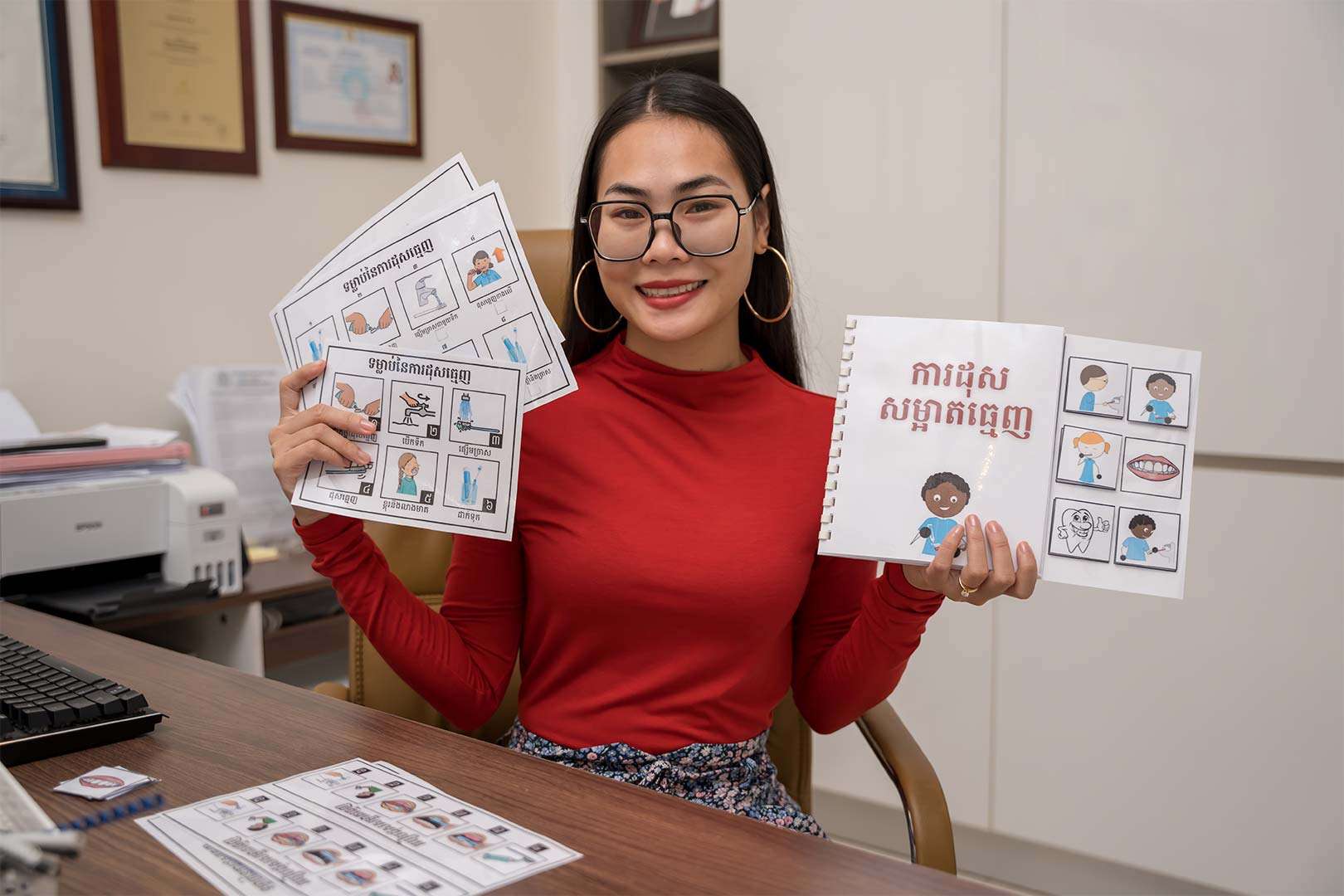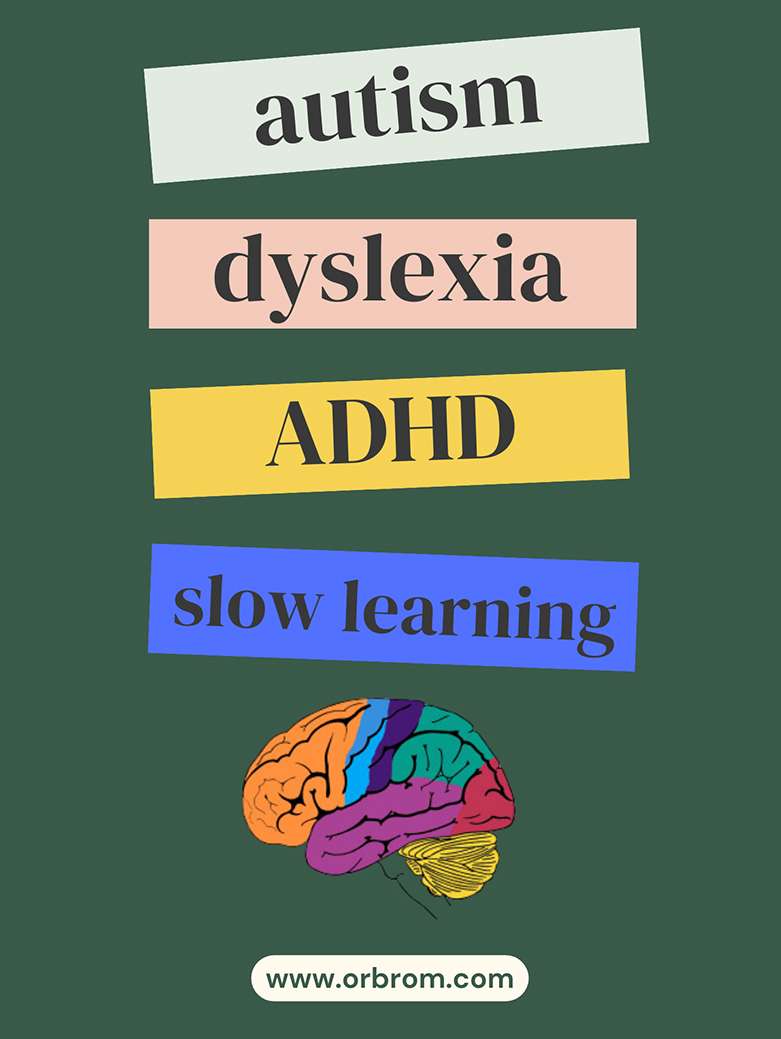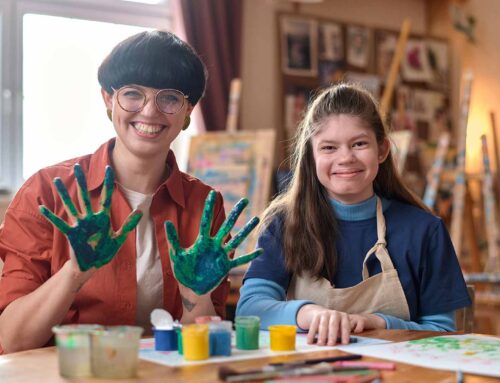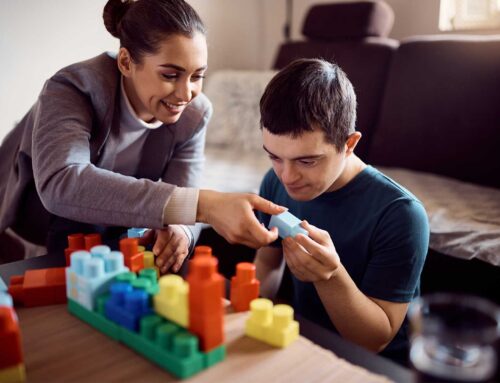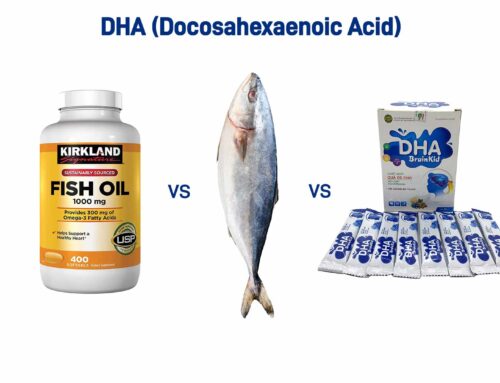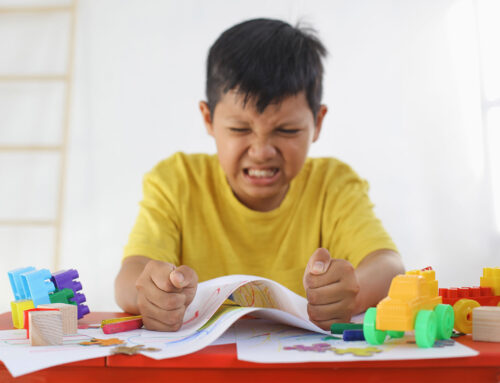Promoting independence in daily living skills is crucial for students with diverse abilities, and showering is a key component of personal hygiene and self-care. While seemingly straightforward, mastering this routine can present unique challenges for some learners. This guide explores effective strategies for teaching showering skills to students with diverse needs, focusing on evidence-based practices and individual adaptations.
Understanding Diverse Needs:
Before implementing any instruction, it’s essential to consider the specific needs of each student. Sensory sensitivities, motor skills, cognitive processing, and emotional regulation can all impact a student’s ability to navigate the showering process. Collaborating with parents, therapists, and other specialists can provide valuable insights into individual needs and potential barriers.
Breaking Down the Skill:
Task analysis, a method of breaking down complex skills into smaller, manageable steps, is crucial for effective instruction. This approach can be tailored to each student’s abilities, focusing on specific steps like undressing, adjusting water temperature, applying soap, and rinsing. Visual aids, such as picture sequences or checklists, can further reinforce understanding and independence.
Promoting Sensory Comfort:
For students with sensory sensitivities, the showering experience can be overwhelming. Strategies to address this include offering temperature-controlled shower heads, providing soap with neutral scents or textures, and allowing for gradual exposure to water pressure. Adjustable lighting and non-slip mats can also contribute to a more comfortable environment.
Building Independence and Confidence:
Gradual prompting and fading of support are essential for fostering student independence. Initially, providing physical or verbal cues may be necessary, but as the student masters each step, prompts should be gradually reduced. Celebrating successes and praising effort can build confidence and motivation, encouraging continued practice.
Adaptive Equipment and Assistive Technology:
Several adaptive tools can assist students with physical or motor limitations. Grab bars, shower chairs, and long-handled sponges can enhance safety and independence. Assistive technology, like voice-activated shower controls, can further empower students and promote autonomy.
Generalization and Maintenance:
Generalizing learned skills to different environments is crucial for long-term success. Practicing showering in various settings, such as school facilities or community pools, can help students adapt the skill to different contexts. Ongoing reinforcement and reminders may be necessary to maintain progress and ensure consistent hygiene practices.
Teaching showering skills to students with diverse abilities requires a personalized and evidence-based approach. By understanding individual needs, breaking down the skill, and implementing appropriate strategies, educators and caregivers can empower students to navigate this essential daily living task with confidence and independence.
Services for Autism, ADHD, Dyslexia, Spelling Difficulty, social and slow learning, Down Syndrome, and Selective Mutism. OrbRom is the best option in Phnom Penh.
If you are concerned about your child’s development, Contact OrbRom Center for Assessments.
Phone/Telegram: 077.455.993
Telegram Link: https://t.me/OrbRom

